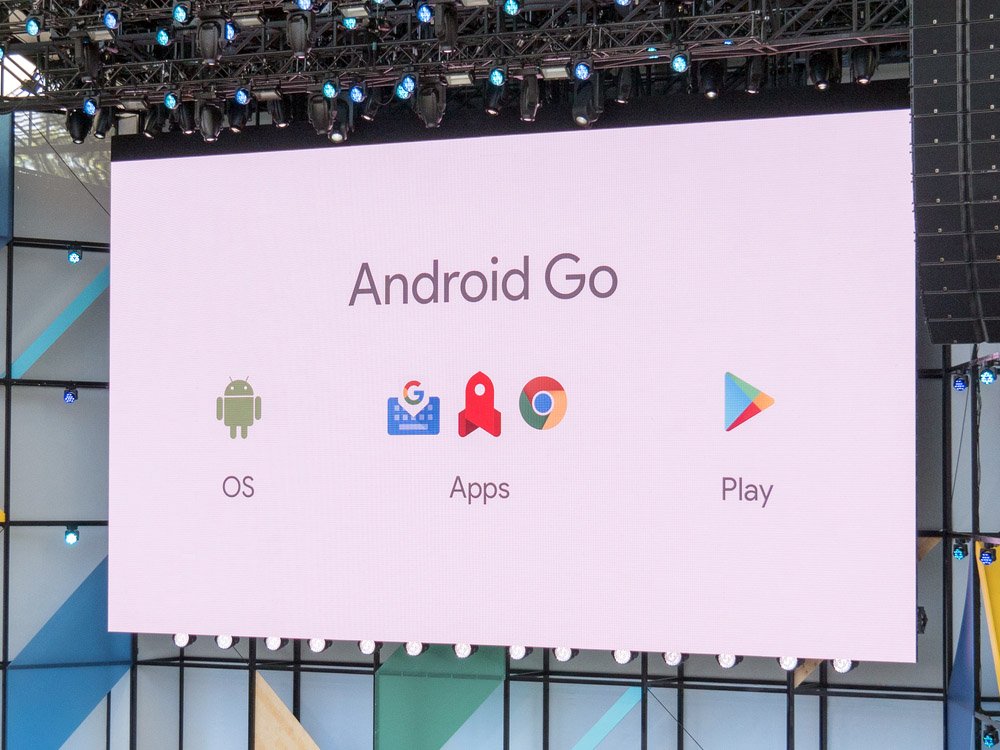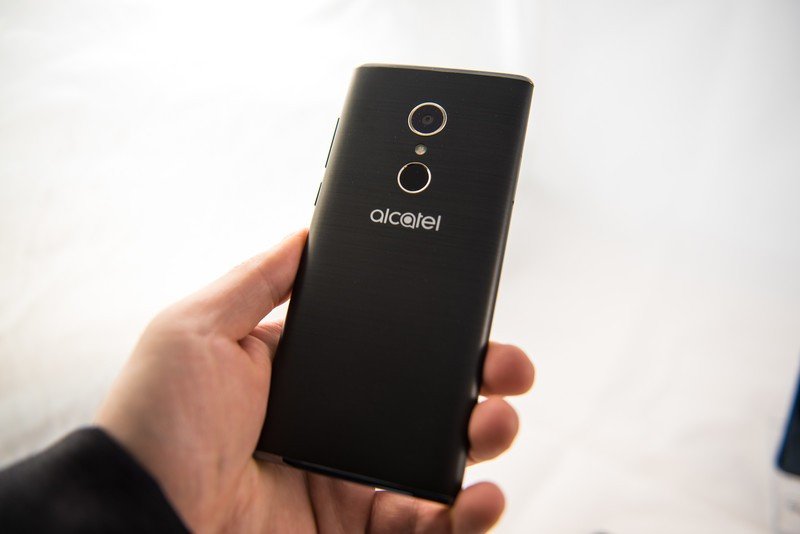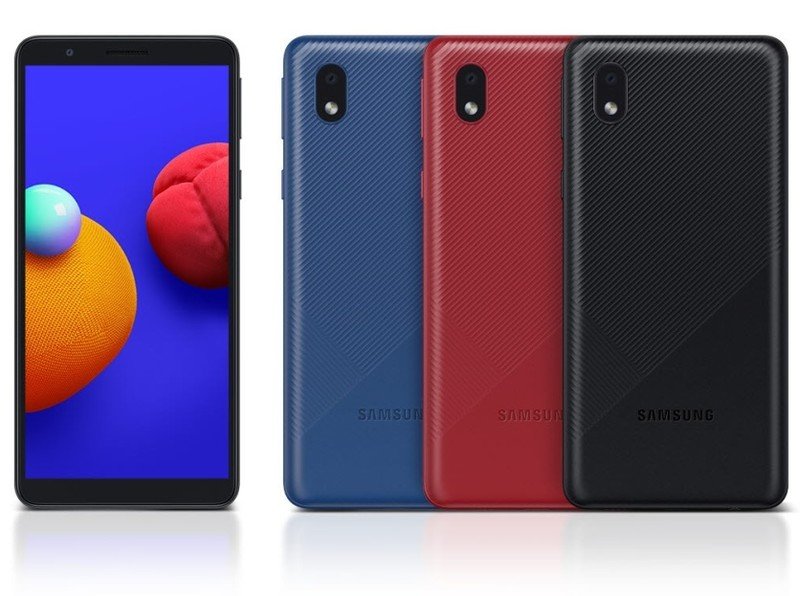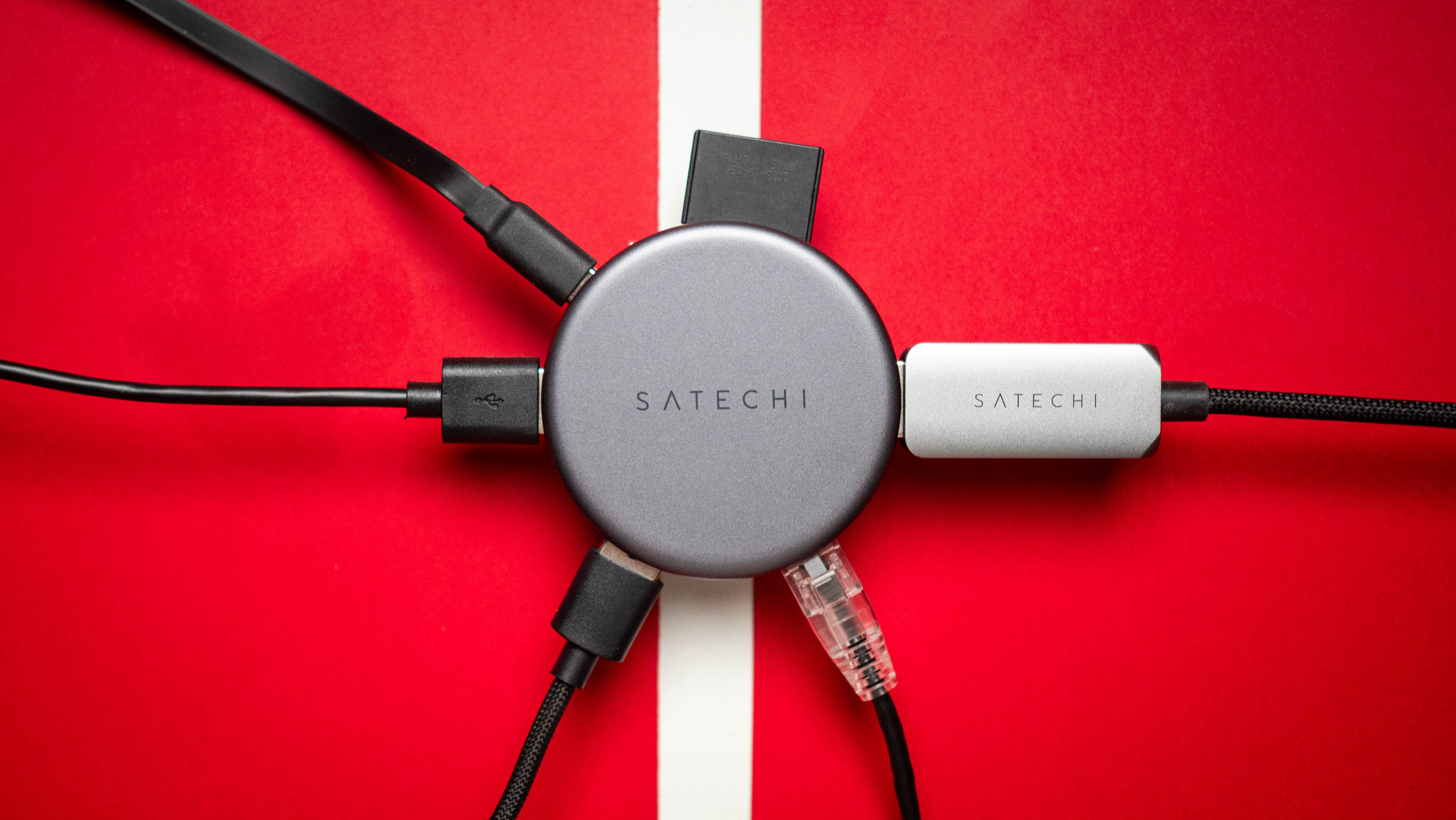Android Go makes phones with 2GB of RAM worth buying

A leaked document suggests that Google is going to force phone makers to use Android Go instead of "regular" Android for phones with less than 2GB of RAM. That's awesome, at least for consumers.
I know that most people reading this aren't going to be affected by this news. Most phones sold in the West have more than 2GB of RAM because the companies making them add so much cruft that they need more RAM to function properly. If we were to visit a carrier store and get a phone — even a free phone because we signed some paper — that sucked we would be complaining forever. Carriers would rather spend $10 more on a phone (which they will pass on to us in the end) than have unhappy customers. But the West is not the whole world.
Believe it or not, there are companies making phones with just 2GB of RAM. Those phones do work with "regular" Android provided it's not a really old version like Marshmallow or something, but they just don't work very well. This is exactly what Android Go was designed to fix.

Android Go is Android. The difference is that the system and some core apps are designed to make better use of resources while offering the same user experience as a more expensive phone running "regular" Android.
When RAM gets low, your phone will shut down apps that may be running or stored in memory. This happens because RAM is needed to keep your phone's basic functions up and running. Android Go phones have those same basic functions, but less physical RAM means apps would be shut down a lot sooner.
RAM is more than memory you can use — your phone needs some of it for basic operation.
RAM is also used for things you don't think about and a portion of it isn't even made available for the system or your apps to use. While your phone is booting up, around 512MB - 1GB of RAM, depending on the model, is held back for things like the kernel and drivers, the display, and the radios that make a phone be able to use a mobile data network. We get to use what's left to keep our phones doing things like checking for messages or running apps.
As Android and the phones running it do more and more things, more RAM is needed. This is why 512MB phones will no longer be certified (according to the leaked document) and phones with 2GB or less RAM will have to use Android Go if they are to have access to Google's services. After you subtract the reserved RAM and tally up the amount of RAM needed to run Android, none would be left for you to use for your apps if this rule wasn't created.
Get the latest news from Android Central, your trusted companion in the world of Android

This is great for the entire Android ecosystem as well as every consumer. It's good and bad for phone makers, but they can just adapt. I'm not concerned about what's best for giant companies who have always put their wishes above mine, and I don't think too many of us are. Companies like Samsung and LG who do make budget phones sold with 2GB of RAM can transition to placing Android Go on them. Nokia already does it, as do other companies, so the "big guys" can shift all budget phones to a platform designed specifically for budget phones.
More: The Galaxy A01 Core is Samsung's first phone to ship with Android Go
For users, it means phones that work a lot better. Really! The operating system is designed to use fewer resources and be more stable without extra memory unused and waiting, core apps like Gmail or YouTube have the same user-facing features but don't gobble up RAM as their normal counterparts can, and almost every app in Google Play can still be installed and used.
There are a few user-facing features in Android Go that are different but not very many.
You might see a difference if you had a budget phone running Android Go beside a more expensive phone running traditional Android. Your downloaded apps will stay open longer with more RAM. Apps may start faster. Your phone may even wake up faster if the screen was blacked out. But Instagram is still Instagram and WhatsApp is still WhatsApp and you can send texts and make calls and change wallpapers and do anything else you want to do except use apps that require specs a budget phone doesn't have. You weren't going to be able to play those games anyway, so the flavor of the OS really doesn't matter here.
You're not likely to ever buy a phone with Android Go or one with less than 4 or 6GB of RAM. This is still great to see and there are times when Google doing a bit of flexing is good for the whole Android ecosystem.

Jerry is an amateur woodworker and struggling shade tree mechanic. There's nothing he can't take apart, but many things he can't reassemble. You'll find him writing and speaking his loud opinion on Android Central and occasionally on Threads.
